Stage 4 Bedsores in Nursing Homes in Arkansas
Stage 4 bedsores are the most severe bedsores, leading to life-threatening infections in nursing home patients. According to the Agency for Healthcare Research and Quality, over 60,000 deaths occur annually due to stage 4 bedsores. Unfortunately, these bedsores are often a sign of neglect and abuse in nursing homes.
Elderly patients can develop these sores when caregivers do not reposition them often enough – a clear sign of neglect. Even worse, up to 40% of stage 4 bedsores never get reported to Medicare, even though the law requires it.
If someone you love develops a stage 4 bedsore while in a nursing home or skilled care facility, you may have cause to file a claim. A nursing home abuse attorney will meet with you and help you and your family explore all your legal options. At Rainwater, Holt & Sexton, our Arkansas nursing home abuse lawyers are here to answer your questions and help your family seek justice.
We’re here to help.
Respect
We treat all our clients with the utmost respect.
No fee
Our No Fee Guarantee® means you pay us nothing unless we win your case.
24/7 access
You get access to our legal team anywhere, anytime.
NATIONALLY RESPECTED. LOCALLY TRUSTED.







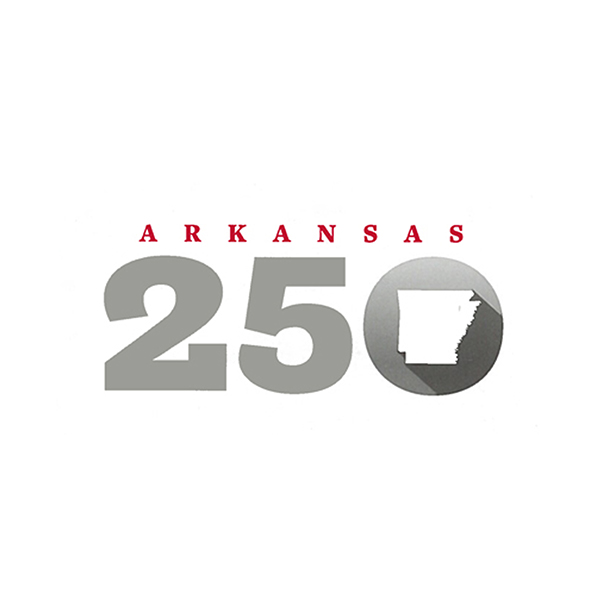




- Stages of Bedsores
- What is a Stage 4 Bedsore?
- What Does a Stage 4 Bedsore Look Like?
- Causes of a Stage 4 Bedsore
- Who Is at Risk for Developing a Stage 4 Bedsore?
- Signs and Symptoms of Stage 4 Bedsores
- Diagnosing a Stage 4 Bedsore
- The Prognosis for Bedsores Stage 4
- Preventing Stage 4 Bedsores
- Stage 4 Bedsore Treatment Options
- Complications From a Stage 4 Bedsore
- What to Do Next
- Can You Sue for a Stage 4 Bedsore?
- Compensation for Stage 4 Bedsores
- Common Stage 4 Bedsore Questions
- Nursing Home and Assisted Living Abuse Resources
- Contact Us
Stages of Bedsores
Bedsores are wounds that develop when sustained pressure cuts off blood flow to an area of the body, causing the tissue to die. The most common areas for bedsores to develop are on the heels, hips, and tailbone, though they can occur anywhere on the body. There are 4 stages of bedsores based on their severity.
In this early stage, the skin is red and irritated but still intact. The sore will usually heal independently if pressure is relieved at this stage.
In this stage, the skin breaks open and forms a shallow ulcer. The wound may be painful and may bleed or ooze pus. The area around the wound may swell.
In this stage, the ulcer deepens and damages underlying tissues, including muscles and bones. The wound is often painful and may exude large amounts of pus. The surrounding skin may swell badly.
This is the most severe stage of bedsores. The ulcer penetrates through all layers of tissue down to bone or tendons, and the surrounding skin is blackened and necrotic (dead). These wounds are excruciating and can lead to severe infection. Without treatment, bedsores can quickly become life-threatening.
What is a Stage 4 Bedsore?
A stage 4 bedsore is the worst kind of bedsore a patient can get. Doctors diagnose stage 4 pressure ulcers when the ulcer reaches the bone, causing damage to the bone and surrounding tissue.
This severe and life-threatening condition occurs when a person gets confined to a bed or chair for an extended period. Hospitalized, paralyzed, or seriously ill patients are at a higher risk for developing stage 4 pressure ulcers.
These bedsores are extremely painful and often lead to severe infections and, in some cases, death. Stage 4 bedsores are most common on the heels, hips, buttocks, shoulders, and head, although they can occur anywhere on the body.
What Does a Stage 4 Bedsore Look Like?
It is essential to seek medical attention as soon as possible if you think your loved one has a stage 4 bedsore. Early intervention is key to preventing serious complications. But how do you know if your loved one has a stage 4 bedsore?
A stage 4 bedsore is a deep wound that extends through all layers of the skin. The wound may be black or brown and crusted with pus or blood. The surrounding skin will be red and inflamed, and the area may be warm.
In severe cases, bone or muscle tissue may be visible beneath the ulcer. Left untreated, stage 4 bedsores can lead to life-threatening infections and even death.
Causes of a Stage 4 Bedsore
A stage 4 pressure injury is a serious wound that can occur when sustained pressure is on the skin. Bedsores are most likely to happen when a person is immobile or confined to a bed for an extended period.
Stage 4 pressure injuries are very painful and lead to severe infections. If you think your loved one may have a stage 4 pressure injury, it is crucial to speak to their healthcare provider as soon as possible. It is equally important to contact an experienced Arkansas nursing home abuse attorney if you suspect abuse or neglect.
The most common causes of stage 4 pressure injuries include:
When a person cannot move, their body’s weight presses down on their skin, which can break down the tissue and cause a pressure injury. Prolonged immobility is often seen in nursing homes and skilled care facilities when patients get neglected throughout the day.
Nutrients are essential for healing wounds. If a person has a poor diet, their body may not have the resources it needs to heal a pressure injury.
Moisture from urine or feces can make the skin more vulnerable to breakdown. When nursing staff and caregivers leave nursing home patients sitting in urine or excrement, this can cause a breakdown in the skin, leading to pressure ulcers.
Some medical conditions, such as diabetes, can make healing more difficult for wounds.
Signs and Symptoms of Stage 4 Bedsores
Although stage 4 bedsores are painful, they are not always easy to detect. One reason is that they often occur in areas that are not easily visible, such as the lower back or buttocks. In addition, if the nursing home patient is disoriented, incapacitated, or has dementia, they may not communicate this pain to loved ones and nursing staff. Furthermore, stage 4 bedsores can take weeks or even months to develop, making them difficult to identify early. For these reasons, it is important to be familiar with the symptoms of stage 4 bedsores.
The most common signs and symptoms of stage 4 bedsores include:
- Severe pain
- Exposed bone or tendons
- Dead tissue (eschar) around the sore
- Draining pus or fluid from the sore
- Foul odor coming from the sore
- Fever or chills
- Warm skin around the area
Is a nursing home failing to protect their residents? Call us.
Diagnosing a Stage 4 Bedsore
Stage 4 bedsores are deep wounds penetrating the skin and underlying tissue. They can also involve muscle and bone. The damage from stage 4 bedsores is so severe that it can take months or even years to heal. If you notice any signs or symptoms of a stage 4 bedsore, notify your loved one’s medical team immediately. It is important to obtain a proper diagnosis, so your loved one can receive the treatment and care they need.
Doctors can diagnose a stage 4 bedsore through a physical exam and medical imaging. X-rays and MRIs can get a clear picture of the extent of the damage. In some cases, a biopsy may also be necessary to confirm the diagnosis.
The Prognosis for Bedsores Stage 4
The prognosis for patients with stage 4 pressure ulcers depends on several factors, including the location of the ulcer, the presence of underlying health conditions, and the patient’s response to treatment.
The overall health of the patient has a direct impact on the prognosis for stage 4 ulcers. Patients stand a good chance of healing if they are generally healthy and have no other major health problems. However, their prognosis may be poorer if they have other health issues that make it difficult to heal, such as diabetes, dementia, or circulation diseases.
Additionally, the location on the body also affects prognosis. Bedsores on the buttocks or lower back tend to have the best prognosis, while those on the feet, heels, or ankles tend to be more challenging to heal.
If a nursing home patient responds well to treatment, their prognosis is considerably better. Even with advanced treatment, however, it can take months or years for a stage 4 bedsore to heal appropriately. If a patient develops a secondary infection during this time, their prognosis is much lower.
Stage 4 Bedsore Treatment Options
When left untreated, bedsores can quickly progress from stage 1 to stage 4. Treatment for stage 4 bedsores generally requires hospitalization and aggressive wound care.
The first step is cleaning the wound and removing dead tissue. Nursing home staff may do this through a process called debridement. Next, caregivers must dress the wound with a sterile bandage or dressing. Caregivers and nursing staff must change this dressing regularly to prevent infection and promote healing.
Antibiotics can help the patient fight off severe sepsis if an infection occurs.
Surgery to close the wound and repair damage to the underlying tissue may also be necessary in some cases.
Stage 4 bedsores can heal with proper treatment, but the process can take weeks or even months. While recovery can be long and arduous, it is essential to remember that treatment can succeed only with proper care.
Complications From a Stage 4 Bedsore
Families are rightfully concerned about complications when a loved one develops a stage 4 bedsore. Those with stage 4 bedsores are at high risk for developing various life-threatening complications, including:
Amyloidosis is a disease that happens when an abnormal protein, called amyloid, builds up in the body. An amyloid is an abnormal protein found in many body tissues, including the liver, spleen, and kidney. Amyloidosis can affect any organ or tissue in the body, causing them not to work correctly
Stage 4 bedsores can lead to severe bone and skin infections. Once an infection takes hold, it can be challenging to treat.
A bone infection is a severe medical condition that can occur when bacteria enter the bone. The infection can damage the bone and the surrounding tissue, and it can also spread to other parts of the body. Cellulitis is a common skin infection often caused by the same bacteria that cause bone infections.
Treatment typically involves a combination of antibiotics and surgery. In severe cases, amputation may be necessary to prevent the infection from spreading. Bone infections and cellulitis are serious medical conditions that can have significant consequences.
Renal failure is a serious medical condition that can occur if the infection spreads to the kidneys and renal system. If left untreated, renal failure is fatal.
Sepsis is a potentially life-threatening condition that occurs when an infection spreads throughout the body. When a stage 4 bedsore gets infected, that infection can quickly become life-threatening when it spreads throughout the body and to vital organs. Treatment for sepsis with a stage 4 bedsore typically includes aggressive hydration, antibiotics, and wound care. In some cases, surgery may also be necessary.
Renal failure, sepsis, and amyloidosis are the most common causes of death for patients with chronic stage 4 bedsores. If you suspect a bedsore caused your loved one’s death, you should immediately speak to an experienced Arkansas nursing home abuse attorney to file a wrongful death claim.
What to Do Next
The discovery that a loved one has a stage 4 bedsore can be devastating. Not only is it a sign that they are not receiving the proper care, but it also puts them at risk for serious health complications. However, there are steps that family members can take to help ensure their loved one receives the treatment they need.
First and foremost, it is important to contact the individual’s healthcare provider. They will be able to provide direction on how to best care for the bedsore and prevent further damage. They may also recommend products or treatments to speed up the healing process. In addition, they can keep an eye on bedsores for complications and signs of infection.
Next, caregivers must ensure that the individual receives adequate nutrition and hydration. This will help their body to heal more quickly. If they cannot eat or drink independently, someone will need to provide this for them. Additionally, caregivers should ensure the individual gets turned frequently to prevent further pressure on the sore.
Finally, keeping the area clean and dry can prevent infection and speeds up healing. Caregivers should clean the area with mild soap and water and apply an antibiotic ointment if directed by a healthcare provider. Professional wound care may be necessary if the sore is particularly large or deep.
If you believe that your loved one’s stage 4 bedsore resulted from nursing home neglect and abuse, there are other steps you must take.
- Contact Arkansas Adult Protective Services
- Move your loved one to a different care facility.
- Contact a nursing home abuse lawyer in Little Rock to help you file a legal claim and pursue compensation.
At Rainwater, Holt & Sexton, our Arkansas nursing home abuse lawyer can help you and your family through this difficult time. We will act quickly to prevent further abuse while taking legal action to help your loved one seek justice. Contact us immediately to begin exploring your legal options if you suspect abuse has occurred.
Can You Sue for a Stage 4 Bedsore?
When a loved one is in a nursing home, their health and well-being are in the hands of the facility and its staff. Unfortunately, not all nursing homes provide adequate care, and some residents suffer from neglect and abuse.
One sign of neglect is the development of bedsores, also known as pressure ulcers. These sores occur when a person is unable to move, and they are often incredibly painful. If a nursing home resident develops bedsores, it may indicate negligence on the facility’s part.
Families who believe their loved one has been neglected or abused in a nursing home have several legal options. They can file a complaint with the state licensing board or file a lawsuit against the facility.
Filing a Nursing Home Abuse Lawsuit
In most cases, you can file a civil lawsuit against the nursing home. To prove your case, you will need to show that the nursing home failed to provide adequate care, resulting in harm to your loved one. This can be difficult to do independently, as it may require gathering evidence from medical records and expert witnesses. As such, it is important to work with an experienced attorney who can help you gather the necessary evidence.
Filing a Complaint With the Arkansas Department of Human Services
Another option is to file a complaint with the Arkansas Department of Human Services. This state department investigates complaints of nursing home neglect and can take action against the facility if it finds evidence of wrongdoing. This option may not result in financial compensation for your loved one, but it can help to ensure that the nursing home is held accountable for its actions.
Regardless of your choice, it is important to speak with an experienced Arkansas nursing home abuse attorney who can help you navigate the legal process and protect your loved one’s rights
Common Stage 4 Bedsore Questions
Families of loved ones with Stage 4 bedsores have many questions. To get the answers, you need quickly, contact our law firm. Our Arkansas nursing home abuse lawyers will review the details of your case and answer your questions in a free consultation. We are here to help you through this difficult time.
Here are some answers to our client’s most frequently asked questions.
A stage 4 bedsore is a severe wound that can take weeks, months, or even years to heal. Stage 4 bedsores can take longer to heal in patients who are bedridden or have an underlying medical condition that impairs circulation. In addition, elderly patients in understaffed nursing homes may not receive the treatment they need to heal stage 4 bedsores adequately.
You could live a long life even if you received a diagnosis of a stage 4 bedsore. As long as the bedsore receives adequate treatment and you do not develop complications, your bedsore can heal.
Yes, most stage 4 bedsores can be prevented with adequate care, nutrition, and treatment. Catching a bedsore in its early stages is one of the best ways to avoid a stage 4 bedsore from occurring. Other ways to prevent a bedsore include keeping the skin dry, changing position frequently to relieve pressure on the skin, using cushions as support, and treating underlying medical conditions. Taking these precautions can help to reduce the likelihood of developing a stage 4 bedsore.
Yes, most stage 4 bedsores can be prevented with adequate care, nutrition, and treatment. Catching a bedsore in its early stages is one of the best ways to avoid a stage 4 bedsore from occurring. Other ways to prevent a bedsore include keeping the skin dry, changing position frequently to relieve pressure on the skin, using cushions as support, and treating underlying medical conditions. Taking these precautions can help to reduce the likelihood of developing a stage 4 bedsore.
Bedsores, also known as pressure ulcers, are a serious problem in nursing homes. According to one study from the CDC, more than 1 in 10 nursing home residents had a pressure ulcer. This number might be even higher since many nursing homes fail to report all pressure ulcer cases. Pressure ulcers are a serious problem in nursing homes, and they can have a devastating impact on the health and well-being of residents.
When most people think of nursing home abuse, they envision bruises, broken bones, or other signs of physical violence. However, abuse can take many forms, and neglect is one of the most common. Neglect can manifest in many ways, but one of the most serious is developing stage 4 bedsores.
However, it is important to know that not all stage 4 bedsores are a sign of neglect or abuse. Underlying medical conditions can increase the risk of developing a stage 4 bedsore, even with proper care. Talking to an experienced Arkansas nursing home abuse lawyer is the best way to determine if nursing home abuse or neglect caused your loved one’s bedsore.
Bedsores, also known as pressure ulcers or decubitus ulcers, are a type of wound that develops when the skin and underlying tissue get compressed for an extended time. This can happen when a person is immobile, bedridden, or in a wheelchair. People with diabetes or poor circulation are at increased risk for developing bedsores.
In nursing homes, bedsores are often caused by staff members failing to reposition residents who cannot move independently. As a result, stage 4 bedsores can be a sign of neglect, and family members need to be aware of this potential issue.
When bedsores first develop, they can be treated with various methods, including wound care, special dressings, and skin grafts. However, it is tough to heal once the bedsore reaches stage 4. At this stage, the sore has gone deep into the muscle and bone, and necrosis (death of tissue) is often present.
While there is no guaranteed cure for stage 4 bedsores, aggressive treatment can sometimes improve the chances of healing. In addition, new treatments, such as electrical stimulation and negative pressure therapy, are promising in helping to heal these types of wounds.
If you have suffered from a stage 4 bedsore, you may wonder how much you can get from a lawsuit. While the amount will vary depending on the severity of your injuries, you may be able to recover damages for pain and suffering, lost wages, medical bills, and more.
To learn more about what you may be entitled to, it is best to speak with an Arkansas nursing home abuse attorney at Rainwater, Holt & Sexton.
Personal Injury Law Resources
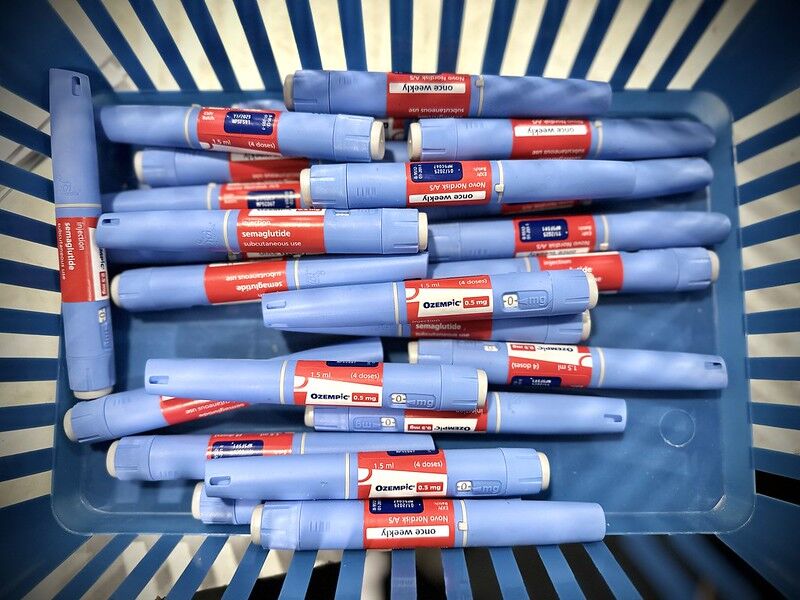
Ozempic Lawsuit Lawyer
If you or a loved one has developed gallbladder or gastrointestinal problems after taking the type 2 diabetes medication Ozempic,
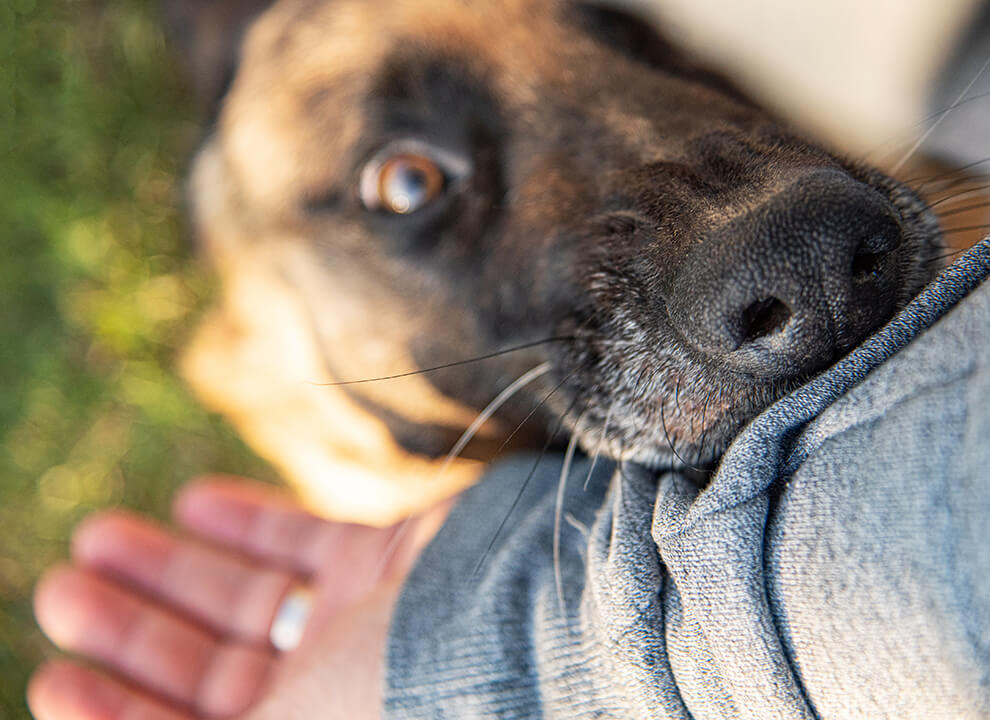
Dog Bite
If you suffered an injury from a dog bite attack, you should be able to focus on healing. Our team

Understanding Head Injuries from Car Accidents
If you’ve suffered a head injury in a car accident, you’re not alone. According to the Centers for Disease Control
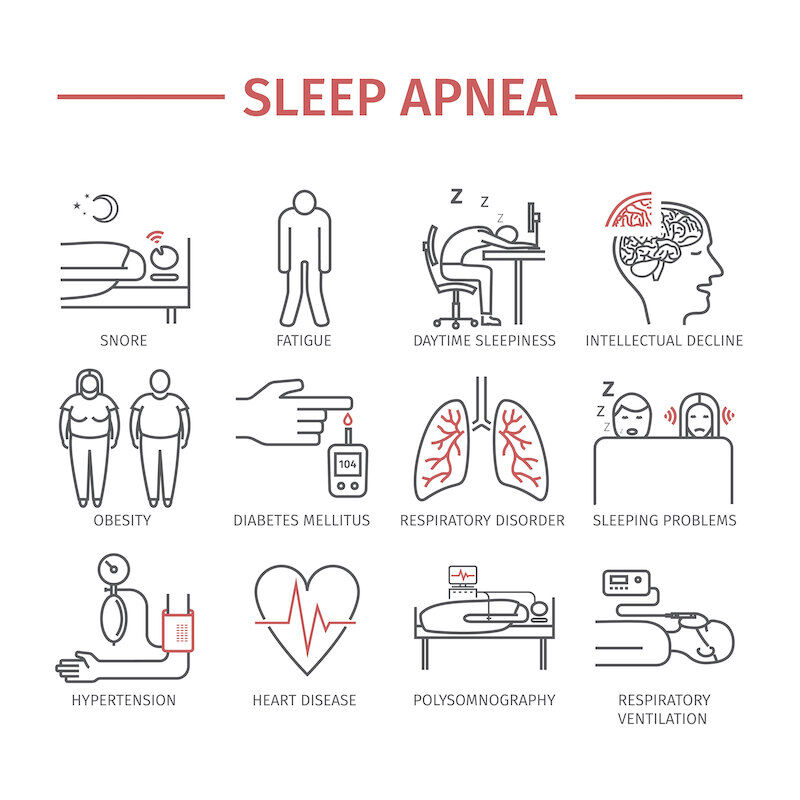
Common Causes : Truck Sleep Apnea
Every year, there are 15 million commercial trucks on our nation’s roads. These trucks transport over 70 percent of our country’s

Safety Tips to Prevent Truck Accidents
Across the United States, there was an increase in the number of trucking accidents in 2016. That year alone, more than

Trailer Detachment Accidents
Common Causes of Big Truck Accidents Sharing the road with large commercial trucks can be scary. After all, a fully loaded

Understanding Self-Driving Truck Crashes in Arkansas
Self-driving trucks have arrived.. Even as legislation lags behind, driverless trucks are hitting the roads in Texas, Florida, and Northwest Arkansas
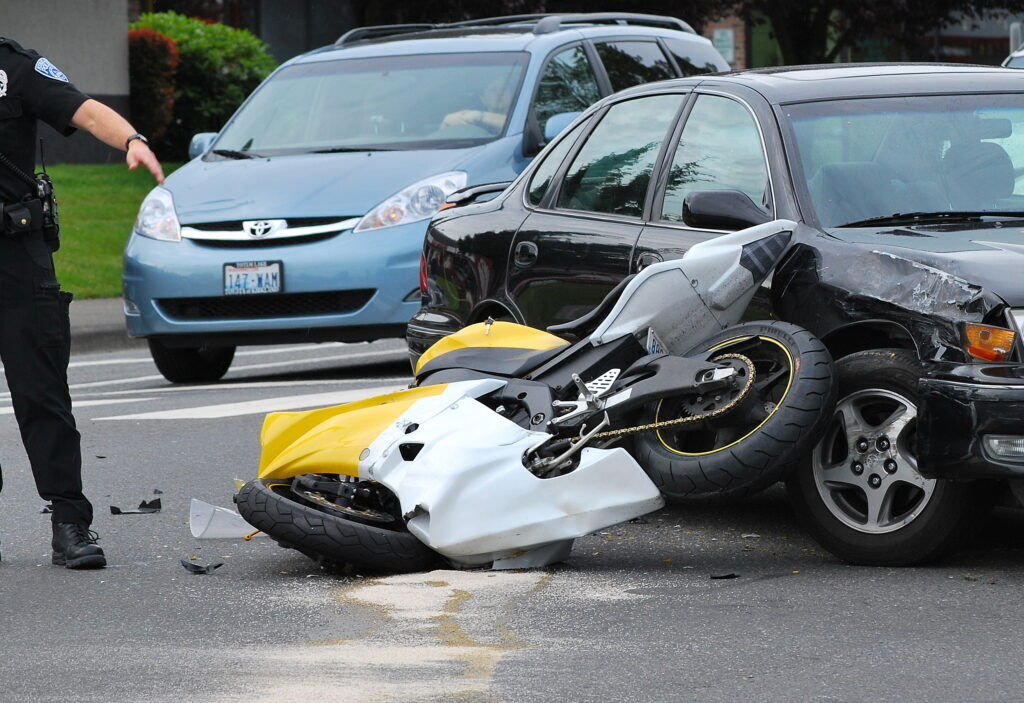
Common Causes of Motorcycle Accidents
Motorcyclists in Arkansas face a variety of obstacles, challenges, and risks when riding on the road. However, the most common risk
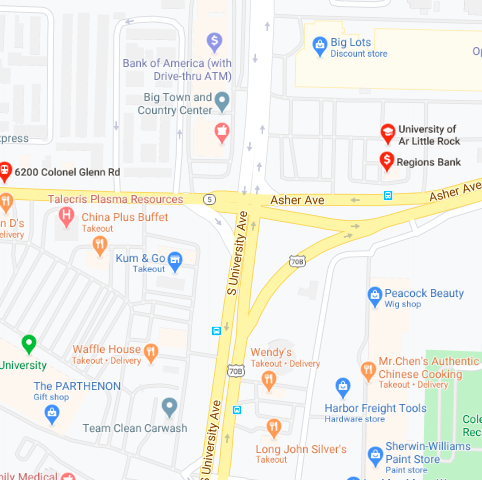
Where Do Most Motorcycle Accidents Occur?
In 2016, motorcycle accidents increased across the United States by 5.1 percent according to the National Highway Traffic Safety Administration. These

Determining Fault in a Trucking Accident
If you’ve been injured in a trucking accident in Arkansas, your life may never be the same. Trucking accidents are serious

Common Injuries Muscle Damage
A muscle strain is a common injury that can arise after a car, truck, workplace, or motorcycle accident. Car accidents are
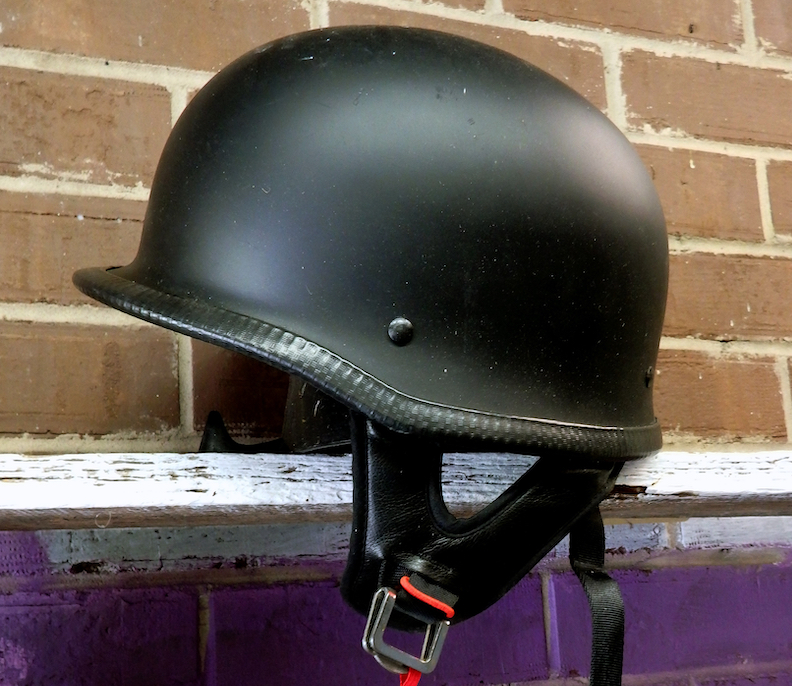
Arkansas Motorcycle Helmet Laws
Arkansas is home to more than 76,000 motorcyclists for good reason. Bikers here enjoy beautiful winding scenic rides during a large
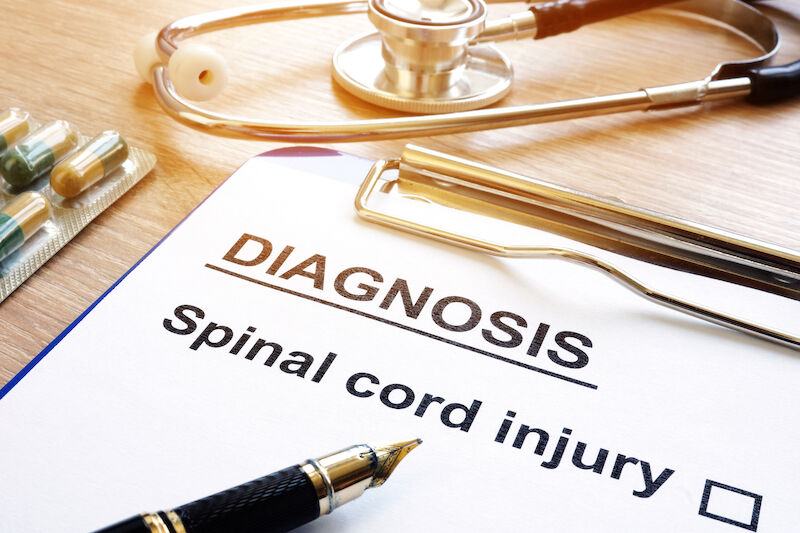
Spinal Cord Injury Lawyers Little Rock, Arkansas
Common Injuries from Car, Motorcycle, Truck and Workplace Accidents Car and motorcycle accidents can cause devastating and fatal injuries to occupants

Arkansas Motorcycle Laws
Arkansas is home to more than 76,000 bikers. Bikers here enjoy beautiful winding scenic rides during a large portion of the
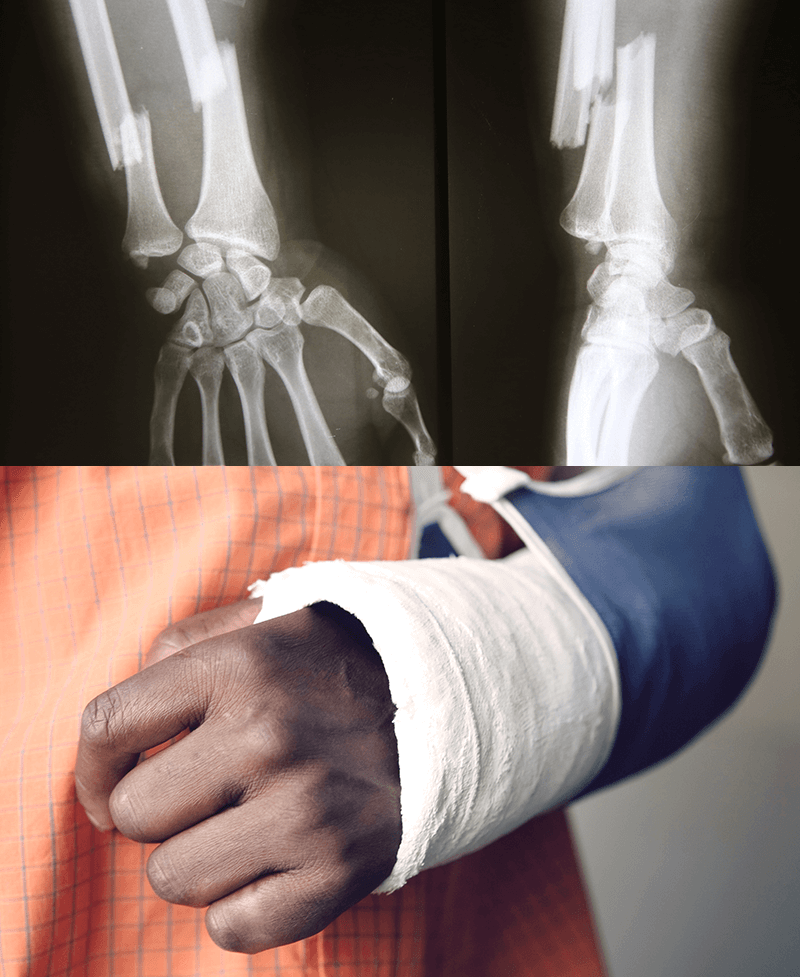
Broken Bones & Fractures Attorney Little Rock, Arkansas
Common Auto, Truck and Motorcycle Accident Injuries Approximately six million people in the United States break a bone each year. These
